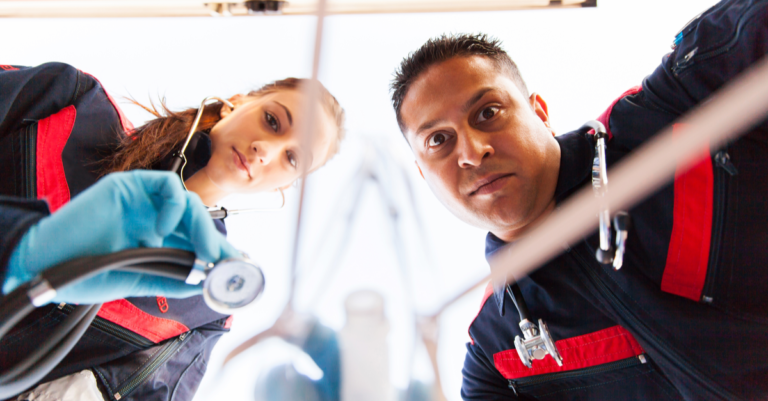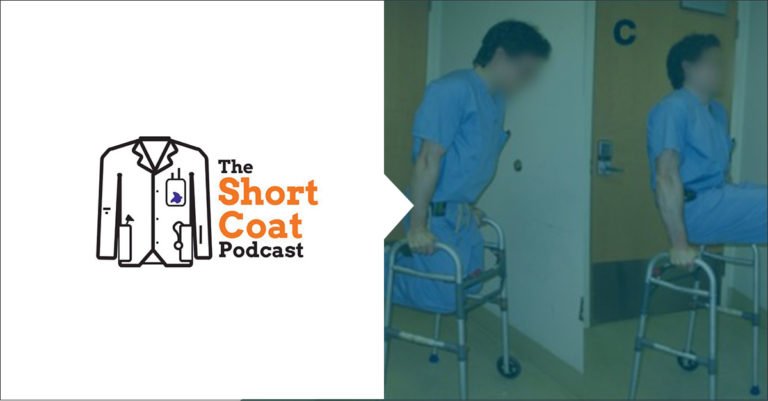
Should I Retake the MCAT?
Believe it or not, it is not uncommon to take the MCAT twice. Though sitting ... Read more
Written by: Cassie Kosarek
Published on: September 12, 2018

Believe it or not, it is not uncommon to take the MCAT twice. Though sitting ... Read more
Written by: Cassie Kosarek
Published on: September 12, 2018

I stood and watched off to the side as the cart wheeled in through the ... Read more
Written by: Kartik Iyer
Published on: September 11, 2018

So you are nearing the end of your application season. You have spent years completing ... Read more
Written by: Casey Paton
Published on: September 10, 2018

As pre-medical students complete the AMCAS application for medical school, they are confronted by the ... Read more
Written by: Renee Marinelli
Published on: September 4, 2018

Are you looking to get research experience in your medical, veterinary, or podiatry school application? ... Read more
Written by: Dennis Caruana
Published on: August 23, 2018

Becoming a physician requires a lot of planning. You have to plan which college to ... Read more
Written by: Renee Marinelli
Published on: August 16, 2018

In recent years, the multiple mini interview (or MMI) has gained popularity with medical school ... Read more
Written by: Cassie Kosarek
Published on: August 8, 2018

Fall is in the air, and you wait patiently as the medical school application cycle ... Read more
Written by: Jeffrey Perluke
Published on: August 7, 2018

Unsuccessful medical school applicants face a quandary. What to do next? A popular option has ... Read more
Written by: Monya De
Published on: August 6, 2018

Importance of Medical/Healthcare Experience as a Medical School Applicant Healthcare is a broad field with ... Read more
Written by: Emily Millet
Published on: July 19, 2018

You may have heard that there’s a “perfect formula” of undergraduate extracurricular activities sought by ... Read more
Written by: Cassie Kosarek
Published on: July 17, 2018

Writing about yourself can be intimidating. Luckily, I’ve got this venue here for practice, but ... Read more
Written by: Adelle
Published on: July 16, 2018

Many applicants applying with AMCAS strive to complete and submit their application as quickly as ... Read more
Written by: AAMC Staff
Published on: July 12, 2018

How can you brag about yourself without bragging about yourself? We are taught from a ... Read more
Written by: The Short Coat Podcast
Published on: June 29, 2018

There are so many paths that people can take to get to medical school. In ... Read more
Written by: Adelle
Published on: June 20, 2018

Summer—the season of sun, swimming, relaxing, and traveling. For most people, summer can be the ... Read more
Written by: Renee Marinelli
Published on: June 19, 2018

Your medical school application can be like a puzzle. Each piece fits together to form ... Read more
Written by: AAMC Staff
Published on: June 18, 2018

It’s hard to be a pre-med. There are high expectations for the types of experiences ... Read more
Written by: Joel Butterly
Published on: June 11, 2018

One of the questions that we hear most often from students is “How do I ... Read more
Written by: Cambridge Learning Center
Published on: May 24, 2018